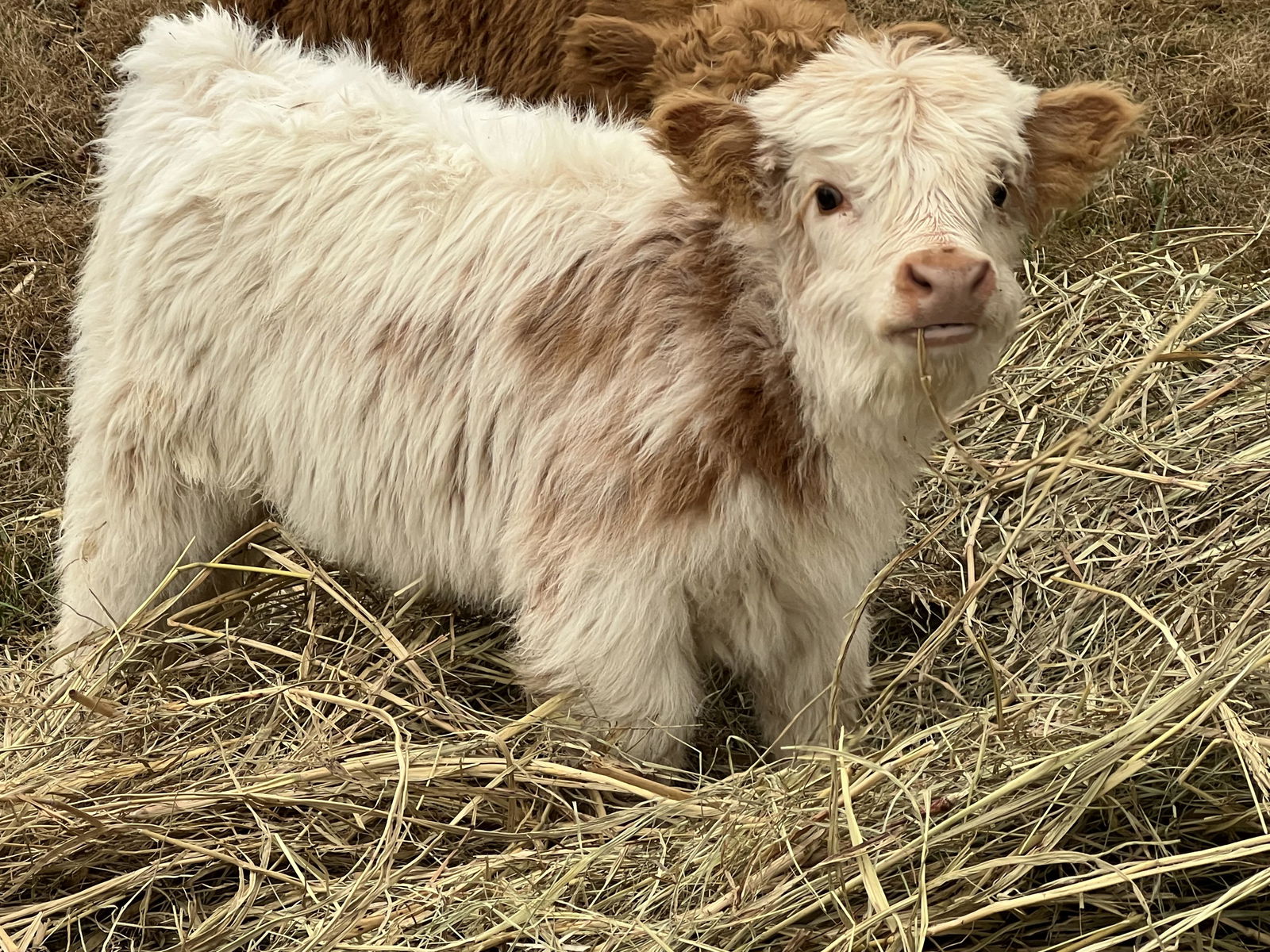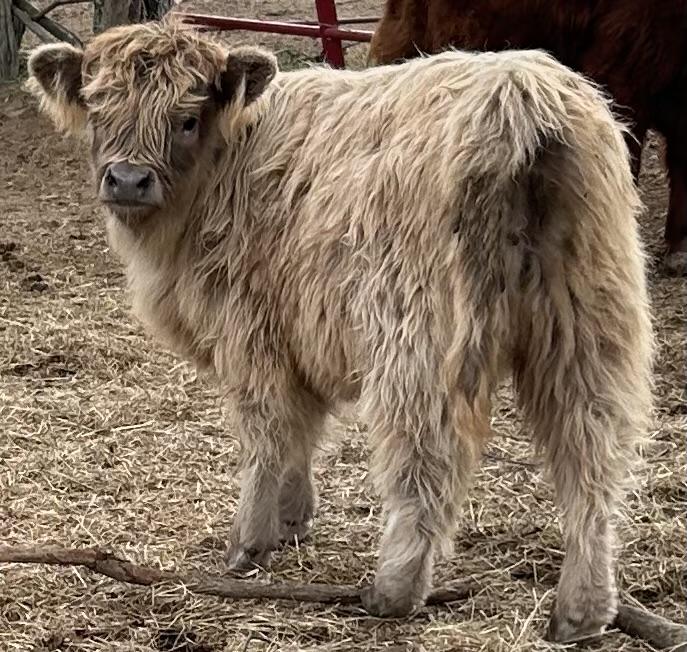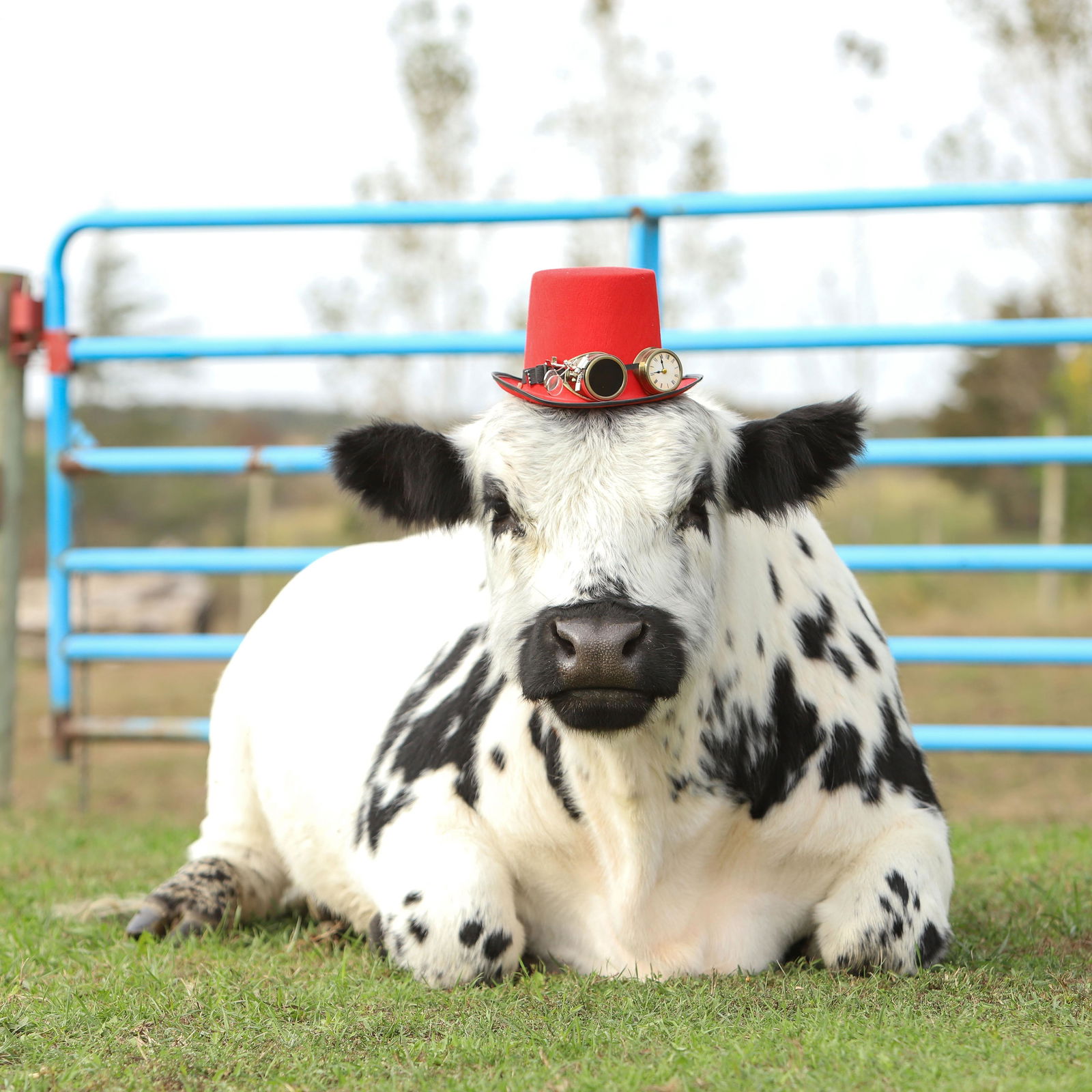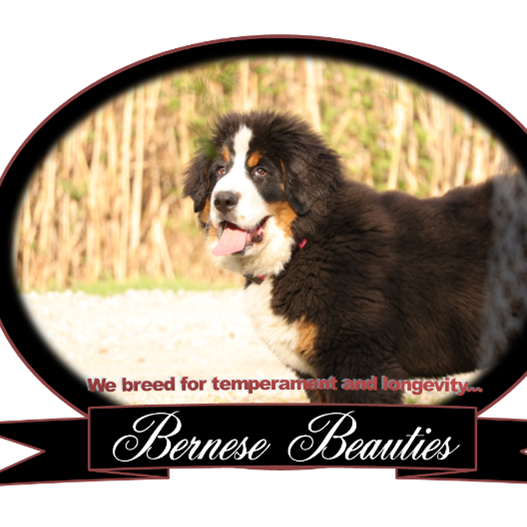Full Grown Mini Donkey: How Big Do They Actually Get?
Author: Elliott Garber, DVM
Looking for an adorable farm companion that’s smaller than a horse but just as charming? Mini donkeys might be your perfect match. These pint-sized equines pack all the personality of their larger cousins into an adorably compact package that’ll steal your heart faster than you can say “hee-haw.”
When fully grown, these lovable creatures stand just 36 inches tall at their shoulders – about the size of a large dog. But don’t let their diminutive stature fool you. Mini donkeys are intelligent, social animals with personalities as big as their ears. They’ve become increasingly popular as pets and hobby farm residents thanks to their gentle nature and manageable size.
What Is a Full Grown Mini Donkey
Mini donkeys are nature’s pocket-sized version of their larger cousins, reaching their full size around 3 years old. At maturity, they stand 36 inches at the withers (the ridge between their shoulder blades) – roughly kitchen counter height. These compact equines typically weigh between 200-350 pounds, significantly lighter than standard donkeys who reach 48-54 inches and weigh 400-500 pounds.
The Mediterranean miniature donkey comes with all the classic donkey features: long, expressive ears that pivot like radar dishes, a distinctive cross-shaped pattern on their back, and sturdy, compact bodies with short legs. Their dense, soft coats come in various colors, from grey and brown to spotted patterns.
Despite their small size, mini donkeys match their larger relatives in personality. They’re social, affectionate, and always ready for attention – much like golden retrievers in the equine world. Their charm often leads to some amusing situations, like sneaking extra treats during vet visits or finding creative ways to get attention from their humans.
Physical Characteristics and Size
Mini donkeys combine charm and practicality in their compact frames, making them ideal for small-scale farms and animal enthusiasts with limited space. Their adult height ranges from 32 to 36 inches at the withers, with most falling between 32-34 inches. Weight-wise, they typically range from 200 to 400 pounds – remarkably lightweight for an equine.
Their coats showcase nature’s variety, from classic black and warm sorrel to rich bay colors. Some sport unique genetic variations like gray dun (a sophisticated gray with primitive markings) or ivory. Each mini donkey wears a distinctive cross-shaped pattern on their back, complemented by a dense, soft coat that’s perfect for petting.
Temperament and Personality Traits
Mini donkeys are known for their gentle demeanor and affectionate personalities, making them exceptional companion animals. Their natural disposition combines intelligence with a calm temperament, creating an ideal balance for family pets.
Social Nature
These social creatures thrive on companionship and form deep bonds with both humans and other animals. As herd animals, they get along well with various farm companions including horses, goats, sheep, alpacas, and cows. For their emotional well-being, mini donkeys need at least one companion of their own kind – they can become stressed when kept alone.
Intelligence and Training
Mini donkeys possess impressive cognitive abilities. They’re quick to assess new situations, carefully observe before acting, and have excellent memory retention for learned behaviors. While sometimes labeled as stubborn, their cautious nature actually stems from an instinctive need to evaluate situations for safety. With patient, consistent training methods, these intelligent animals learn quickly and eagerly.
Key characteristics of mini donkeys include:
- Height: 32-36 inches
- Weight: 200-350 pounds
- Temperament: Docile and affectionate
- Social needs: Requires companionship
- Family-friendly: Great with both kids and seniors
Care Requirements
Mini donkeys need structured daily care routines that focus on feeding, grooming, and hoof maintenance. Their care follows specific daily, weekly, and quarterly schedules to ensure optimal health.
Housing and Space Needs
Each mini donkey needs about 0.25 acres of land for proper exercise and grazing. Their living space should include a three-sided shelter (8×8 feet per donkey) with clean, dry bedding made from straw or wood shavings. Fencing should be at least 4.5 feet high and secure. They also need a separate feeding area and good drainage to prevent muddy conditions.
Diet and Nutrition
A healthy mini donkey diet centers on grass hay with minimal grain supplements. Daily nutritional needs include:
- Fresh grass hay (about 1.5% of body weight)
- Clean water available 24/7
- Salt and mineral blocks
- Limited treats (carrots, apples) – no more than 10% of diet
- Grain supplements only in winter or for nursing mothers
Care Schedule
Daily care involves feeding hay twice daily, checking water, cleaning living areas, and picking hooves. Weekly tasks include deep cleaning water troughs and stall mats, thorough grooming, and pasture maintenance. Every few months, schedule farrier visits (every 6-12 weeks), annual vet checkups, and deworming (2-3 times yearly).
Veterinary Needs
Regular veterinary care includes annual wellness exams, core vaccinations for tetanus and rabies, dental checkups, and special considerations for aging donkeys. Keep an emergency vet contact handy for injuries or illness.
Common Uses for Mini Donkeys
Mini donkeys serve multiple purposes, combining practical utility with their natural charm. Their compact size makes them versatile while maintaining their gentle nature.
Companionship and Pets
As companion animals, mini donkeys excel through their affectionate nature and calming presence. They’re popular in pet therapy programs and form strong bonds with family members. Keeping them in pairs benefits both the donkeys and their human families – they stay happier with a companion while providing twice the joy.
Farm Work and Guard Animals
Despite their small size, mini donkeys contribute valuable services on small farms. Their protective instincts make them excellent guardians for sheep or goats, and they’ll alert to potential threats with their distinctive bray. Their sturdy build, with thick legs and wide rumps, provides enough strength for light tasks like pulling small garden carts or giving children rides.
Life Expectancy and Health
Mini donkeys typically live 30 to 50 years, making them long-term companions that need consistent, dedicated care. Understanding their common health concerns and preventative measures helps ensure they stay healthy throughout their extensive lifespan.
Common Health Issues
Mini donkeys face several key health challenges that require regular monitoring:
Gastrointestinal Issues
Digestive problems rank among the most common health concerns. Signs of colic include repeated ground rolling, while dietary changes or parasites can cause diarrhea. Gastric ulcers may decrease appetite, and internal parasites like strongyles, roundworms, and tapeworms need regular prevention and treatment.
Metabolic Problems
These small equines can develop Equine Metabolic Syndrome, showing insulin resistance. Obesity increases their risk of laminitis, visible through telltale rings on hooves. Seasonal foot conditions may also develop, requiring prompt attention.
Musculoskeletal Concerns
Arthritis can affect joint mobility as mini donkeys age. Some may develop club foot, requiring specialized trimming. Hoof abscesses cause lameness, while cracked hooves need consistent maintenance to prevent complications.
Preventative Care
Proactive health management keeps mini donkeys thriving through their long lives. Essential care includes:
Regular Health Checks
Schedule quarterly veterinary examinations and annual dental assessments. Monitor weight monthly and inspect hooves weekly to catch potential issues early.
Parasite Management
Implement a comprehensive parasite control program with scheduled deworming treatments and regular fecal testing. Rotate pastures and maintain clean feeding areas to minimize parasite exposure.
Dietary Control
Provide measured portions of grass hay and limit grain supplements. Ensure constant access to fresh water and control treat consumption to prevent obesity.
Exercise Needs
Offer daily movement opportunities on safe terrain with adequate turnout space. Gentle physical activities help maintain health while preventing strain or injury.
Conclusion
Mini donkeys combine the charm of companion animals with remarkable longevity. Their manageable size suits small farms and hobby properties, while their friendly nature makes them ideal family additions.
A mini donkey represents a multi-decade commitment to care and companionship. With proper attention to health, housing, and nutrition, these engaging animals become cherished members of the family, offering affection and companionship throughout their lives.

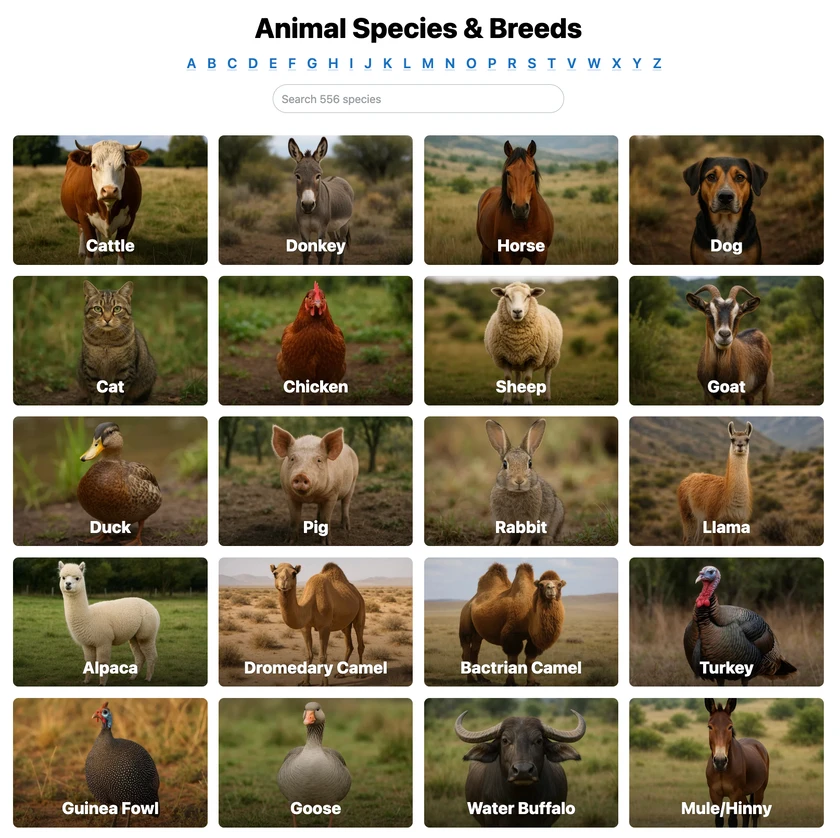 All Species & Breeds
All Species & Breeds
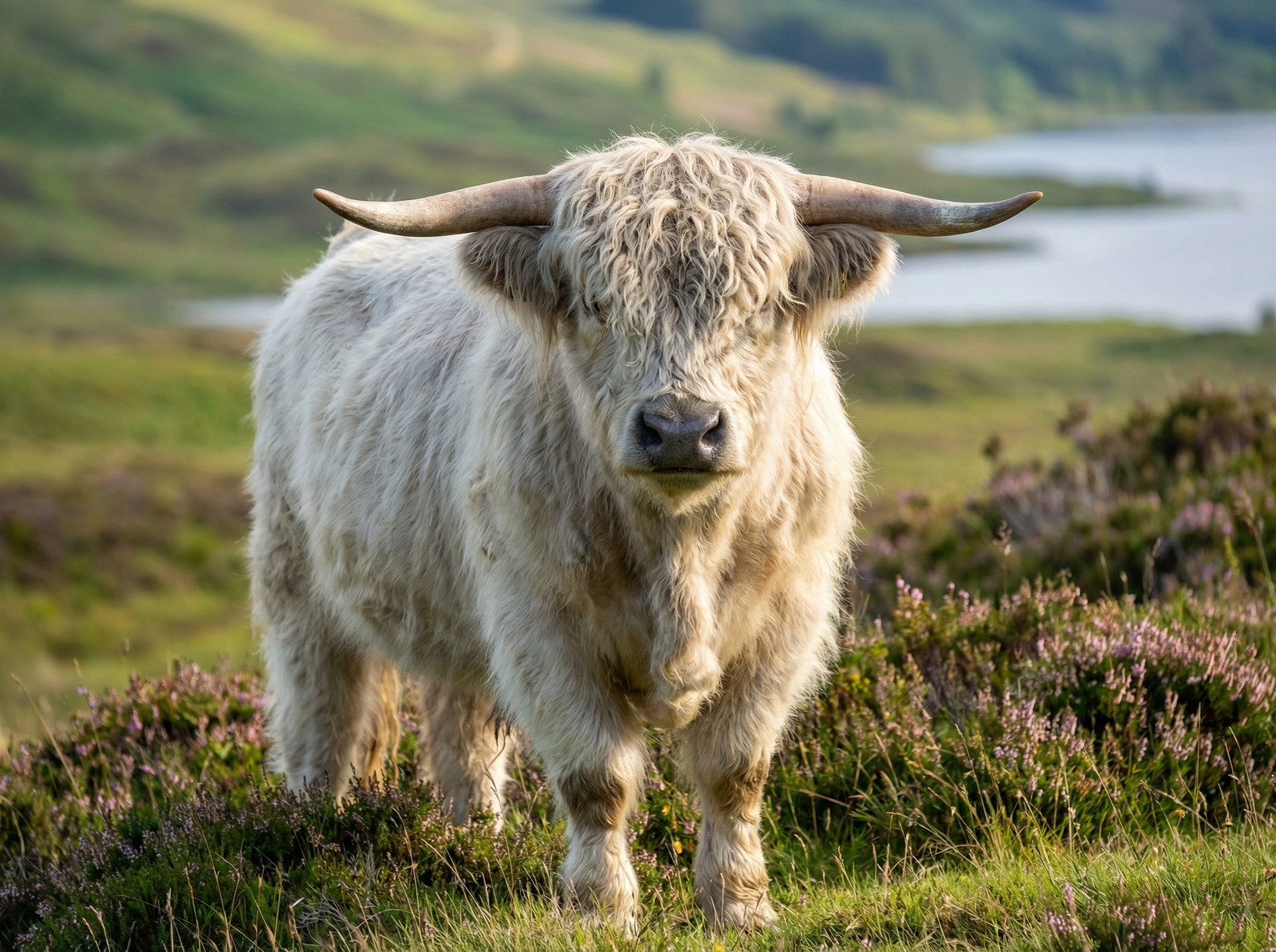 Highland Cattle
Highland Cattle
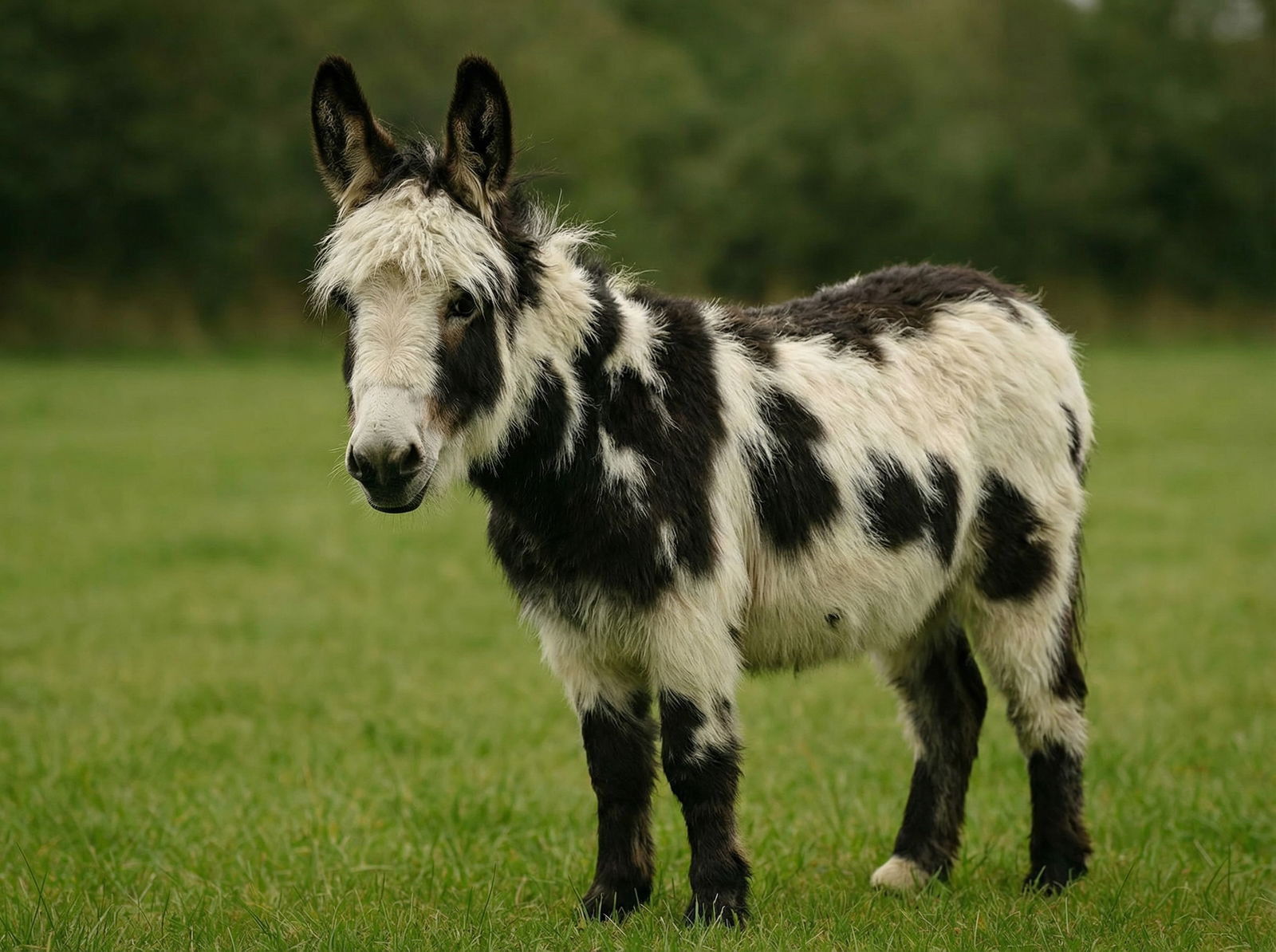 Miniature Donkeys
Miniature Donkeys
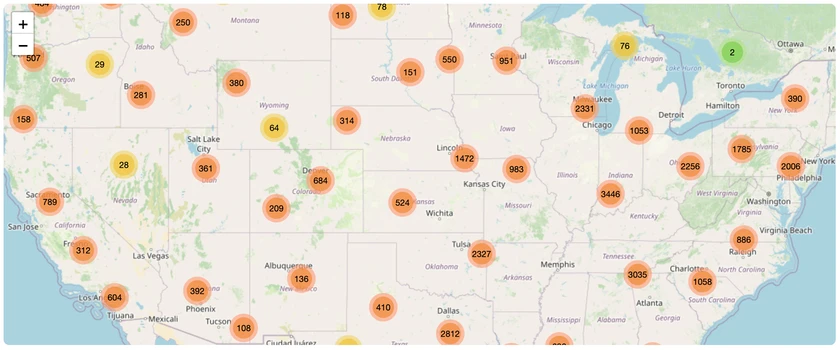 All Species Directory
All Species Directory
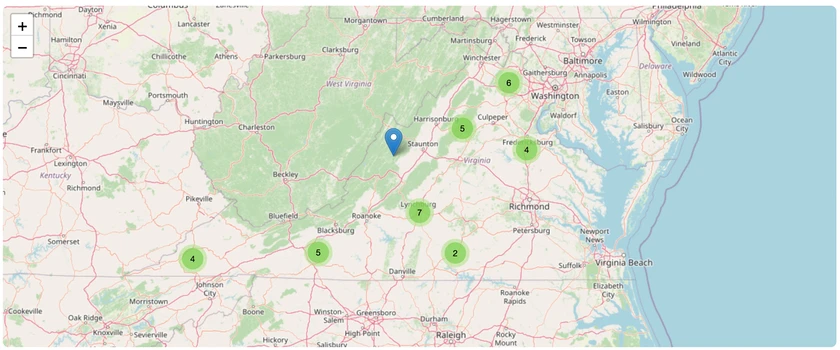 Highland Cattle in Virginia
Highland Cattle in Virginia
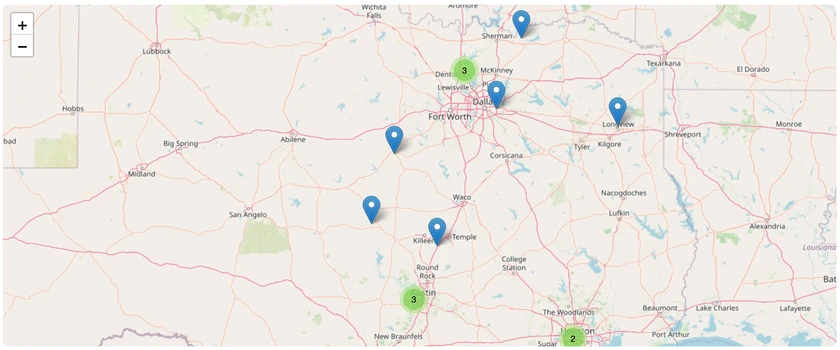 Miniature Donkeys in Texas
Miniature Donkeys in Texas









